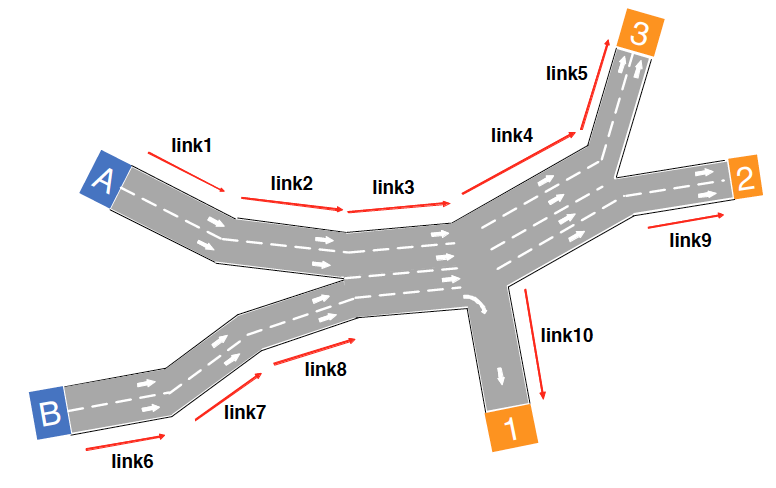Deep and Embedded Learning Approach for Traffic Flow Prediction in Urban Informatics
Abstract
Traffic flow prediction has received extensive attention recently since it is a key step to prevent and mitigate traffic congestion in urban areas. However, most previous studies on traffic flow prediction fail to capture fine-grained traffic information (like link-level traffic) and ignore the impacts from other factors such as route structure and weather conditions. In this paper, we propose a Deep and Embedding Learning Approach (DELA) that can explicitly learn from fine-grained traffic information, route structure and weather conditions. In particular, our DELA consists of an embedding component, a Convolutional Neural Networks (CNN) component and a Long Short-term Memory (LSTM) component. The embedding component can capture the categorical feature information and identify correlated features. Meanwhile, the CNN component can learn the 2-Dimensional (2-D) traffic flow data while the LSTM component has the benefits of maintaining a long-term memory of historical data. The integration of the three models together can improve the prediction accuracy of traffic flow. We conduct extensive experiments on realistic traffic flow dataset to evaluate the performance of our DELA and make comparison with other existing models. The experimental results show that the proposed DELA outperforms existing methods in terms of prediction accuracy.
Keywords
- Urban informatics
- Traffic flow prediction
- Embedding neural networks
- Deep learning
Bibtex
@ARTICLE{ZZheng:IEEETIST19,
author={Zibin Zheng and Yatao Yang and Jiahao Liu and Hong-Ning Dai and Yan Zhang},
journal={IEEE Transactions on Intelligent Transportation Systems},
title={Deep and Embedded Learning Approach for Traffic Flow Prediction in Urban Informatics},
year={2019},
volume={20},
number={10},
pages={3927 - 3939},
doi={10.1109/TITS.2019.2909904},
ISSN={1524-9050},
month={Oct.},
}


Leave a Reply